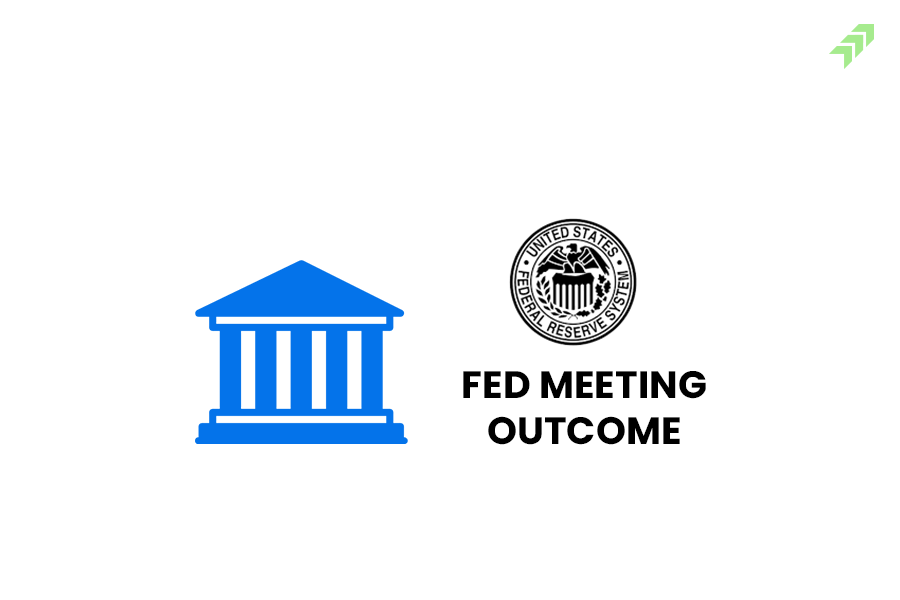The Federal Open Market Committee (FOMC) has cut its benchmark interest rate by 25 basis points to 4.50-4.75 percent, marking the second straight meeting after reducing the policy rate in Sep meeting by 50 basis points. The Fed is decreasing rates as part of what Powell has termed “a recalibration” to a lower-inflation environment. The committee is in the process of recalibrating from a fairly restrictive level at 5.33% to a 75 basis point decrease.
There is not much inflationary pressure from the labor market, hence inflation has dropped dramatically during the last two years. Total PCE prices rose 2.1% over the 12 months ending at Sep, excluding volatile food and energy categories. The Chair said he is not worried about the economy despite one inflation report coming in “a little higher than expected.” Overall, inflation has moved much closer to the FED’s 2% goal, but core inflation remains somewhat elevated. The labor market has stayed strong with average of 104, 000 hiring’s in previous three months despite a sharp hiring slowdown in previous month due to weather conditions and labor strike. They are striving to strike a balance between perhaps compromising progress on inflation by going too slowly and letting the labor market weaken too much, and the danger of moving too quickly.
Jerome Powell did not provide enough clarity on where the Fed is headed next, particularly after Trump’s election. The FED will continue to make decisions meeting by meeting as the data and conditions evolves, adjusting its monetary policy to best promote its dual mandate. The moves are not principally about higher inflation expectations but rather a sense of more likelihood of stronger growth and less downside risk. He added, if the economy growth remain robust and inflationary pressure seem moving toward committee target, then the policy restraint can be dialed back more slowly. If the labor market weakens drastically or inflation falls more quickly than anticipated, policy can move more quickly.
Few days ago, US citizens elected Donald Trump as the 47th President of the country. In its election mandate Donald Trump pledged to impose 60% tariffs on Chinese imports and increase them further if China invades Taiwan. His victory in the presidential election could alter the US economic outlook and can become problematic for Fed in setting its inflation targeting approach. Trump’s pro-growth and combative trade policies are expected to lead to a return to inflation

















